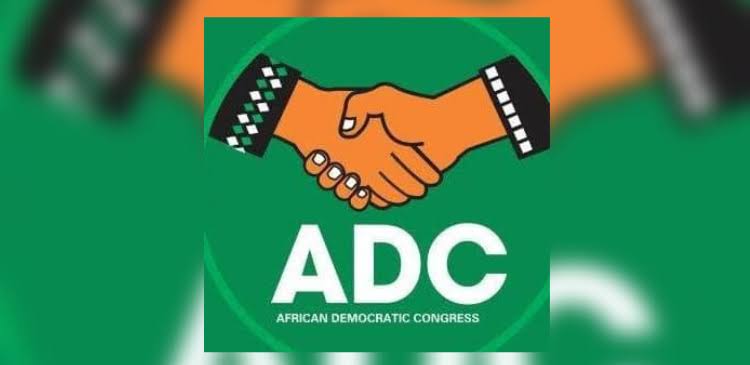The African Democratic Congress (ADC) has declared that its Pan-African ideological foundation is not accidental but deeply rooted in the vision of its founding fathers, who envisioned Africa’s transformation through Nigeria’s leadership.
In a statement issued by Nkem Ukandu, spokesperson to the National Chairman and Deputy National Secretary of the party, the ADC said it has long regarded Nigerian politics as a platform for broader African progress.
“The party’s Pan-African stance aligns with the belief that domestic reform is a prerequisite for international credibility. From foreign policy to youth employment, the ADC’s message is clear: Nigeria must stop reacting and start leading,” Ukandu said.
He noted that the party has always pursued a people-first approach, anchored in grassroots credibility. According to him, the ADC’s guiding mission has consistently been “for Nigeria, Africa, and the world.”
Ukandu credited the party’s ideological clarity and endurance to its National Chairman, Dr. Ralphs Okey Nwosu, whom he described as the “ideological spine” of the ADC.
“Dr. Nwosu is not just a figurehead. His unwavering commitment over nearly two decades has given the ADC not only longevity but a clear direction. His credibility may well be the party’s most valuable political capital. It is rare in Nigerian politics to find a leader who has neither defected nor compromised core values for short-term gains,” Ukandu stated.
Despite his long-standing leadership, he added, Dr. Nwosu has demonstrated humility and selflessness, having signaled his intention to step aside in the near future to allow for a new generation of leadership to emerge.
Ukandu also emphasized the symbolic importance of the ADC’s handshake logo, which he said represents far more than aesthetics.
“This is not just a logo designed in a random boardroom. It was deliberately chosen to reflect national unity and warmth. It stands in stark contrast to the divisive, conflict-driven politics that have characterized past elections,” he said.
He stressed that unlike most political parties in Nigeria, the ADC is structured to rise above ethnic, regional, and tribal fault lines. “The handshake is not just a symbol—it is baked into the structure of the party. It’s a promise to voters that governance can be inclusive, dignified, and people-centered.”
While acknowledging that the ADC may not yet be the largest or wealthiest political party in Nigeria, Ukandu said the party has quickly become one of the most talked-about political projects in the country.
“ADC may not have all the answers, but it is asking the right questions—about productivity, unity, leadership, inclusivity, and Africa’s future,” he concluded.
















